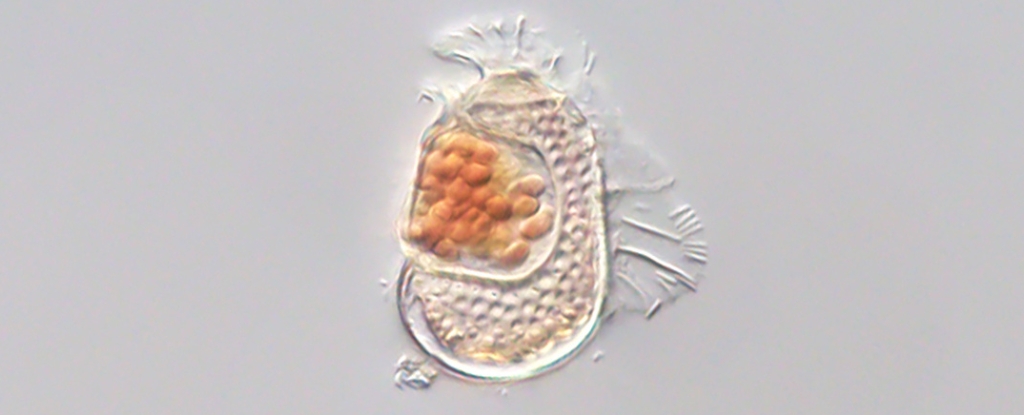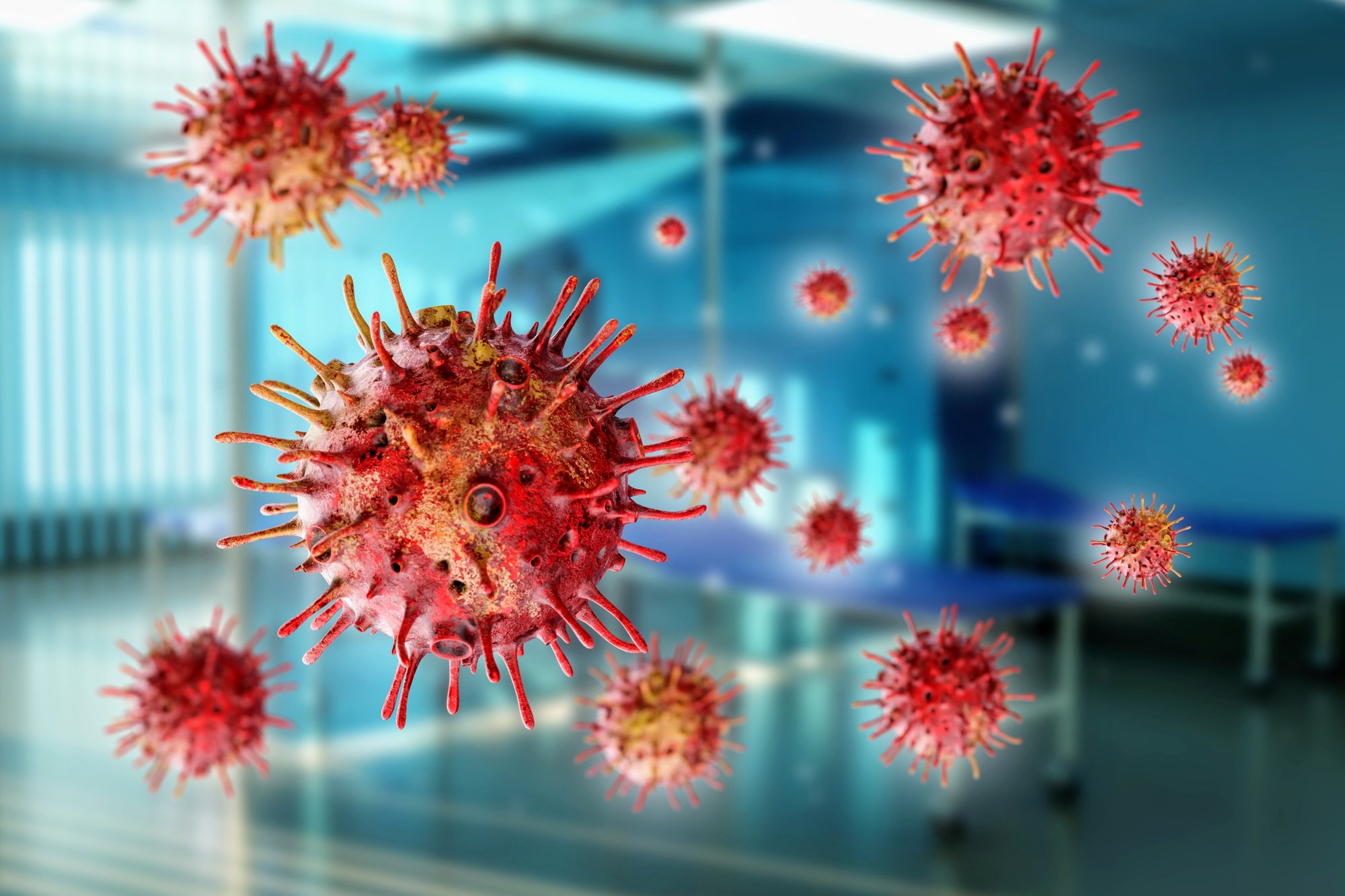
Within a tiny plankton, an even smaller cell has been found living an unexpectedly virus-like existence, challenging what it means to be alive.

The findings reveal that carbon dioxide (CO2) levels play a critical role in the lifespan and transmission of airborne viruses.

A newly developed silicon material covered with tiny nanospikes is capable of taking out 96 percent of the virus particles unfortunate enough to touch its surface in tests.

Older adults are twice as likely to develop dementia if they’ve been infected with the herpes simplex virus, a new 15-year study concludes.

Millions of years ago, vertebrates were infected by a virus, which played an important role in the evolution of human beings and the development of brains and human bodies.

Scientists who study glacier ice have found viruses nearly 15,000 years old in ice samples from the Tibetan Plateau in China. Most of those viruses are unlike any viruses that have been cataloged to date.

Peering into the jungle of microbes that live within us, researchers have stumbled across what seem to be an entire new class of virus-like objects.

Deep beneath the soil of a Massachusetts forest, an international team of researchers has uncovered a multitude of mysterious, gigantic viruses of unprecedented ecological diversity.

Researchers looked at soil and lake sediment from Lake Hazen, the largest lake by volume north of the Arctic Circle. Sequencing segments of DNA and RNA found in the soil, the scientists sought to identify the pool of viruses present in the environment.

Researchers found "giant" viruses – several times larger than typical viruses – affecting microscopic algae just below the boundary between fresh water and salt water.

A new study provides evidence of a mechanism by which climate change could have played a direct role in the emergence of SARS-CoV-2, the virus that caused the COVID-19 pandemic.

Trillions upon trillions of microbes have remained locked away in the Arctic’s permafrost in a “deep sleep” for thousands of years. But the Arctic is warming twice as fast as the rest of the world in the wake of climate change.

COVID-19 has devastated our world, but another pandemic could make things worse. Scientists outline ways to prevent pandemics, including ending wildlife trade.

Idea of microbes originating from space. Microbes can survive frozen, deep within the permafrost for millions and even billions of years. They might be perfectly adapted for a life on some frozen object, traveling through space.

The World Health Organization (WHO) on Thursday declared the coronavirus a public health emergency of international concern. The UN's health arm said the move was to protect countries with "weaker health systems."